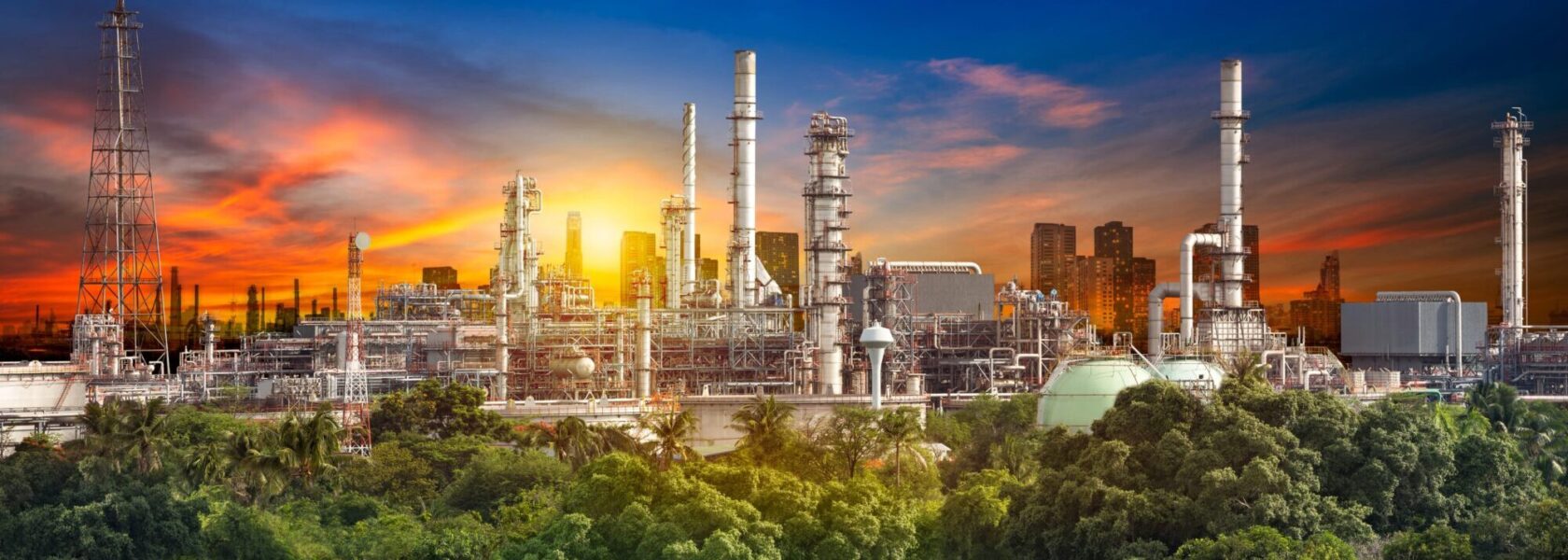Uganda’s long-delayed $4 billion oil refinery project is finally gaining momentum after the government signed new development agreements backed by investors from the United Arab Emirates. The deal marks one of the most significant steps forward for the country’s downstream ambitions and could reshape East Africa’s energy landscape.
The landmark partnership involves the Government of Uganda and Alpha MBM Investments LLC, a UAE-based company chaired by Sheikh Mohammed bin Maktoum bin Juma Al Maktoum of Dubai’s royal family. Under the agreement, Alpha MBM will take a 60% stake in the refinery, while the remaining 40% will be held by the Uganda National Oil Company (UNOC) through the Uganda Refinery Holding Company.
With the new structure in place, Uganda is targeting a Final Investment Decision (FID) by July 2026, followed by the official start of construction. Once completed, the refinery will have a processing capacity of 60,000 barrels per day, making it one of the region’s largest energy investments.
The refinery will be built in Kabaale, Hoima District, and is part of a wider development program that includes a 212-kilometre pipeline to Mpigi, a 320-million-litre storage terminal in Kampala, and a water abstraction facility in Hoima. Operations are expected to begin in 2030, according to government timelines.
Industry advocate and trade facilitator Maimouna Oumarou described the deal as a “new chapter” in Uganda’s pursuit of energy independence. Uganda currently imports nearly 90% of its petroleum products, and the refinery is expected not only to meet domestic demand but also supply neighbouring markets such as Tanzania and the Democratic Republic of Congo.
“This project is positioned to become one of East Africa’s most strategic energy assets,” Oumarou said in a LinkedIn statement, emphasizing its potential to enhance energy security across the region.
Beyond supplying fuel, the refinery is expected to anchor industrial activity in the Kabaale Industrial Park, attracting new investments in petrochemicals, fertilizers, and manufacturing. The project is also expected to generate thousands of jobs and significantly increase government revenue once operational.
However, several challenges remain. Analysts have noted the high project cost, estimated at around $62,000 per barrel of processing capacity, as well as potential environmental impacts near Lake Albert. Previous delays were also linked to difficulties securing international financing. To overcome this, the project will now rely entirely on equity funding, eliminating the need for external debt.
Despite these hurdles, the refinery is widely viewed as a transformative project for Uganda and the broader East African region. With UAE support now secured, Uganda appears closer than ever to achieving its long-standing goal of becoming a regional energy hub.
